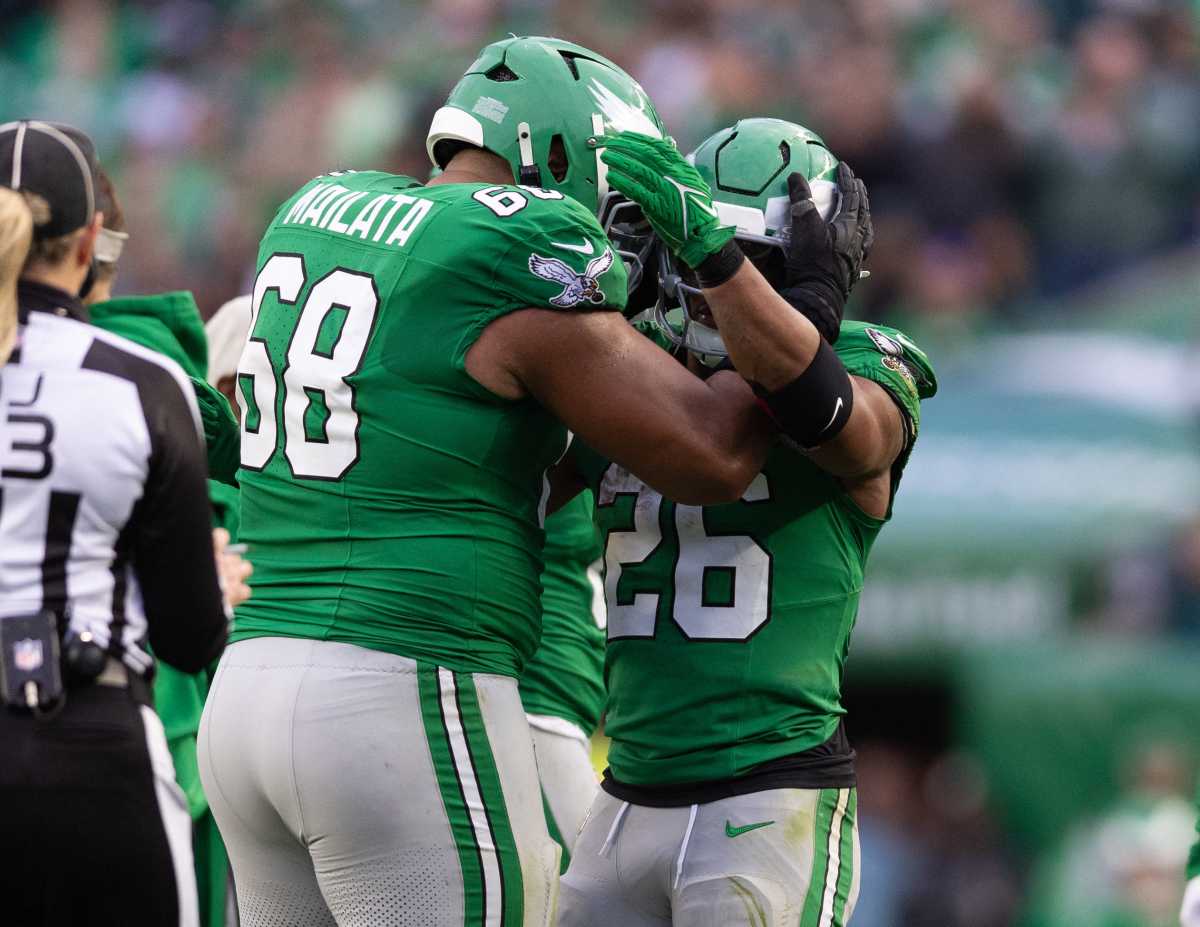 Young Fathers United parenting program graduate Lionel Walters, 26, holds up his course certificate.
Young Fathers United parenting program graduate Lionel Walters, 26, holds up his course certificate.
Credit: Courtesy Young Fathers United
Philadelphia’s Institute for the Development of African American Youth, through its Young Fathers United Program, is attempting to forge a new culture of parenting.
IDAAY director Archye S. Leacock said he first saw the need for the program 12 years ago as he worked to identify issues facing the black community.
“Fatherhood was one of the things I noticed was a major problem,” Leacock said.
“Some 70 something percent of our children were being born to unwed mothers and we needed fathers to take responsibility for their offspring. Children need guidance, love and support and just to have one person do it, especially a mother who is doing so much, it was just burdening our sisters and we needed men to step up and do their part.”
But he soon learned simple parenting classes weren’t enough. He found it was paramount for the 13-week workshops to address education and job training, as well as connect participants with social services resources.
“There are many other problems – sociological problems, structural problems and just the culture,” Leacock said.
“So we took on the challenges of helping young men figure out their custodial rights, what they need, helping them get serious about, ‘Look, even if you didn’t go in for a child, just for a night with the vodka, 9 months later you are a father and how are you going to be the best father?'”
Leacock said attendees of the 13-week workshop discuss “a barrage of topics.”
“So many of our guys – I think more than 80 percent of them – have not finished high school, so we have to tell them there is a GED program to finish that,” he said.
“Step one, you have to strengthen yourself. I use this analogy with the young men all the time – when you’re on the plane, you have to put your mask over your face before you can care for anybody else. You have to strengthen yourself first. You can’t worry yet about being a parent if you’re not finished high school and don’t have a decent job.”
Leacock said he also realized many program participants lived through a cycle of poor parenting, which impacted how they approached raising their own children.
“It is probably the largest predictor of how children are going to be raised – ‘My mother hit me, I’m going to hit you. I’m still alive, you will get beat too. Why? It happened when I grew up,'” Leacock said.
“We get it all the time. It don’t make no sense but it does because you don’t see the other side. It takes a lot of conversation – we stress alternatives, open them up to new options. Then they become a leader to model the behavior.”
Recent program graduate Lionel Waters, 26, said the experience made him a better parent.
“I would say one of the most important things is definitely learning that my experience as a father, it’s a continuing thing,” he said.
“I’m not just called for one role. It’s really multi-faceted, and as long as I’m able to listen and get with other people and have resources and tap into those resources, that I’ll actually be able to be in the best position to be able to provide for my child.”
He said a lot of the skills taught are things “some parents might just say are a given, things you should just know.”
“But in actuality, not everybody knows these things,” Waters said.
“So it’s a good place to set up a dialogue and to receive some type of basic foundation for parenting principles.”
Those interested in attending the program can call 215-901-6979 or visit the Institute for the Development of African American Youth website.
Transportation assistance and childcare services are available upon request.
























